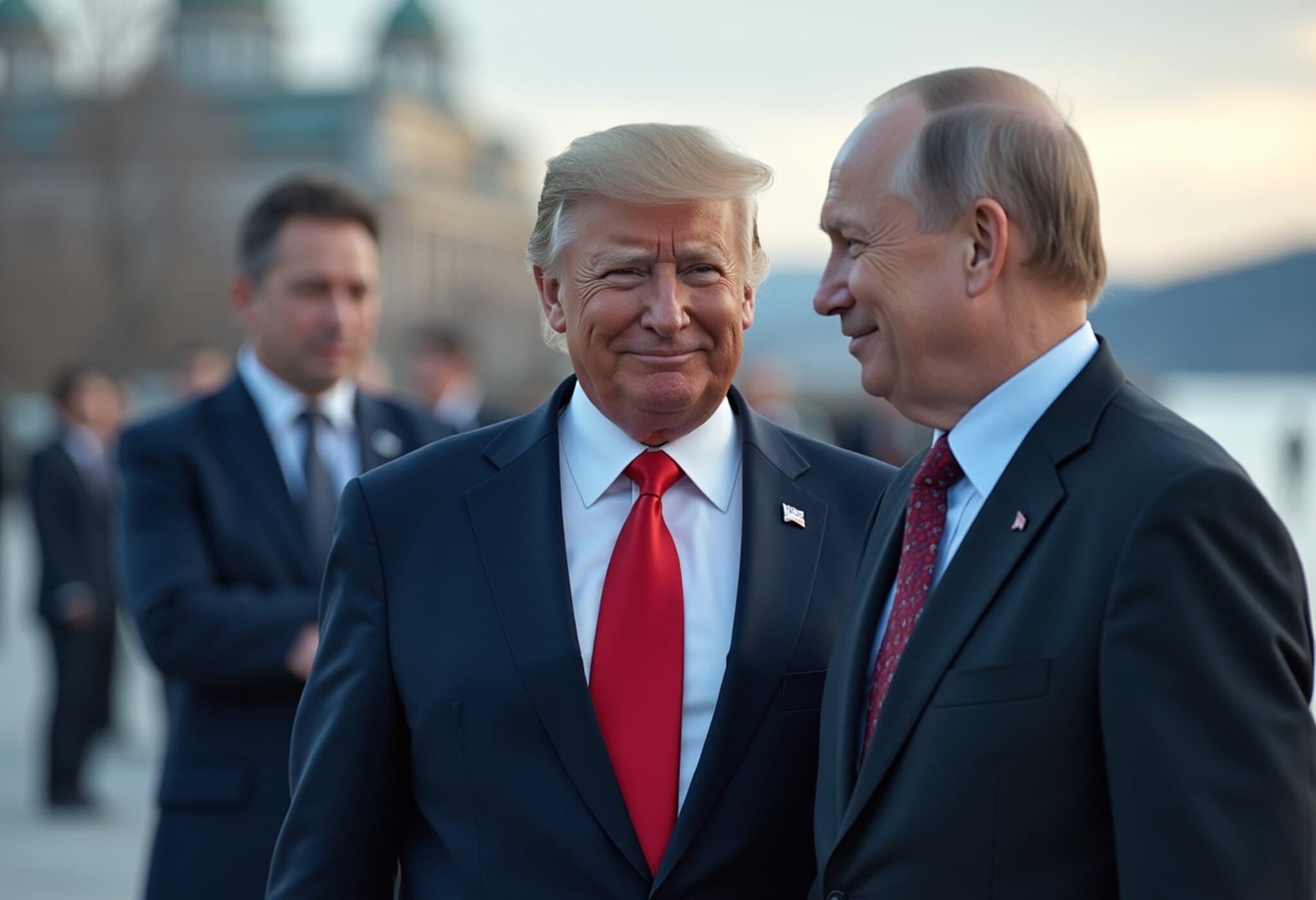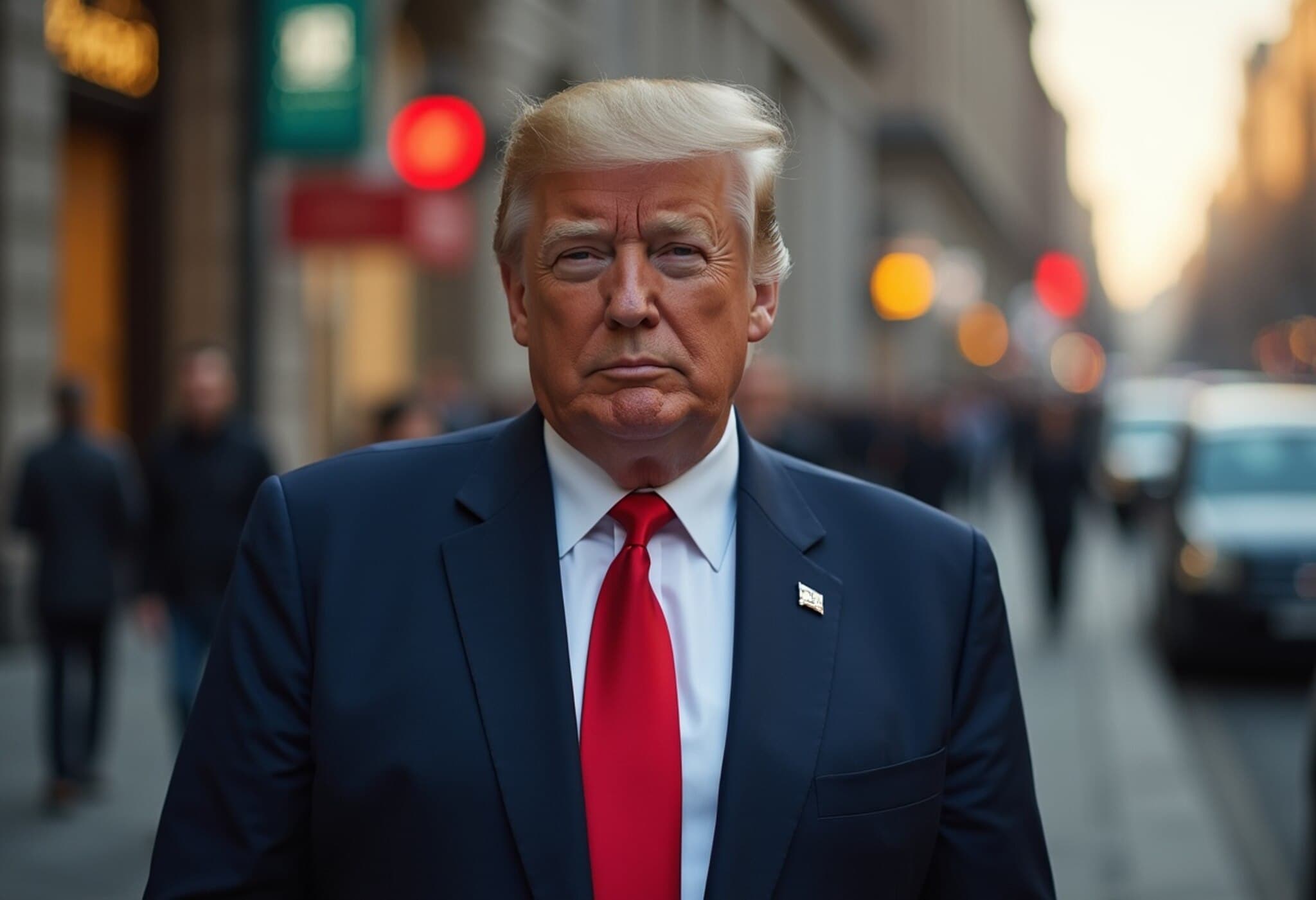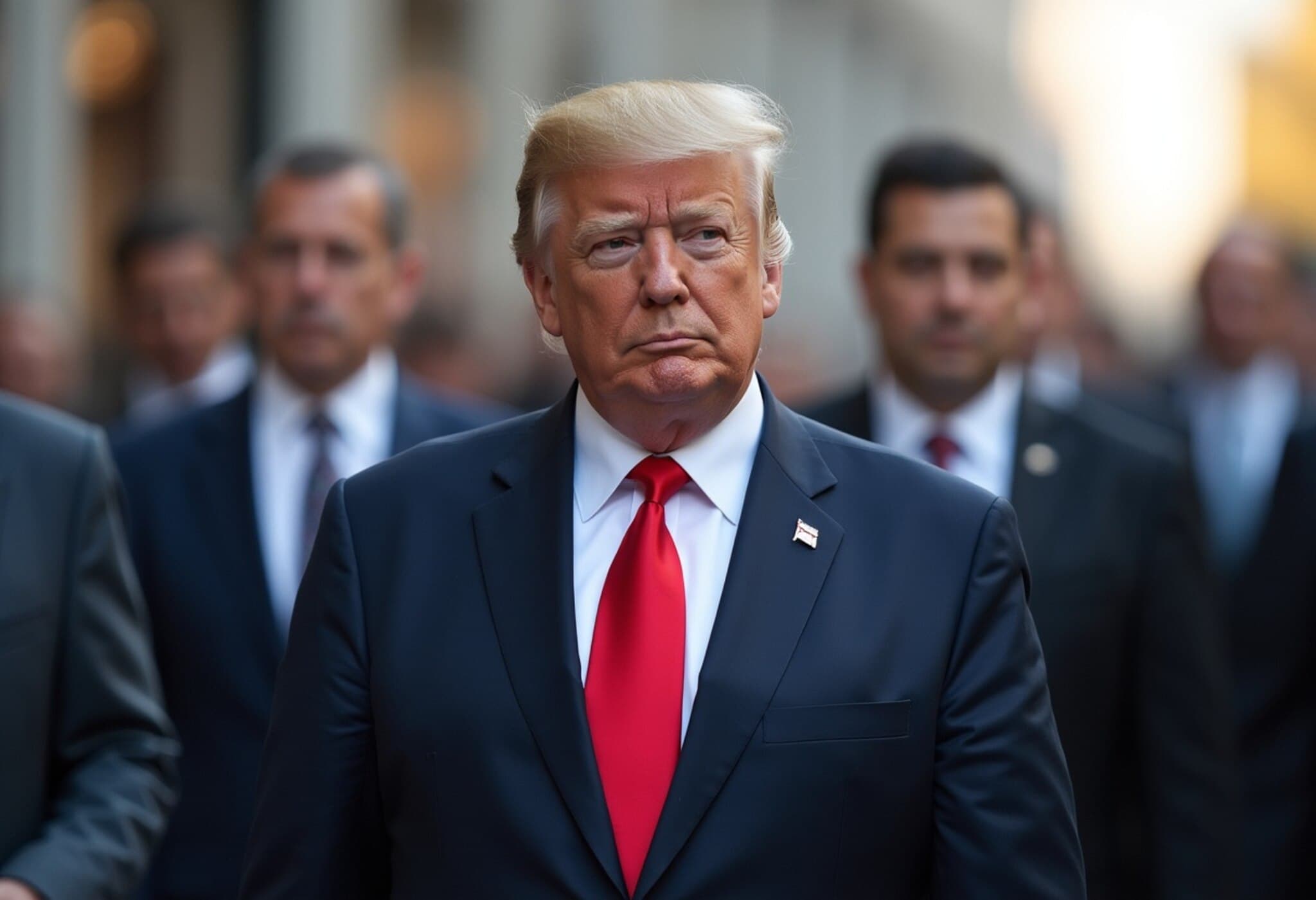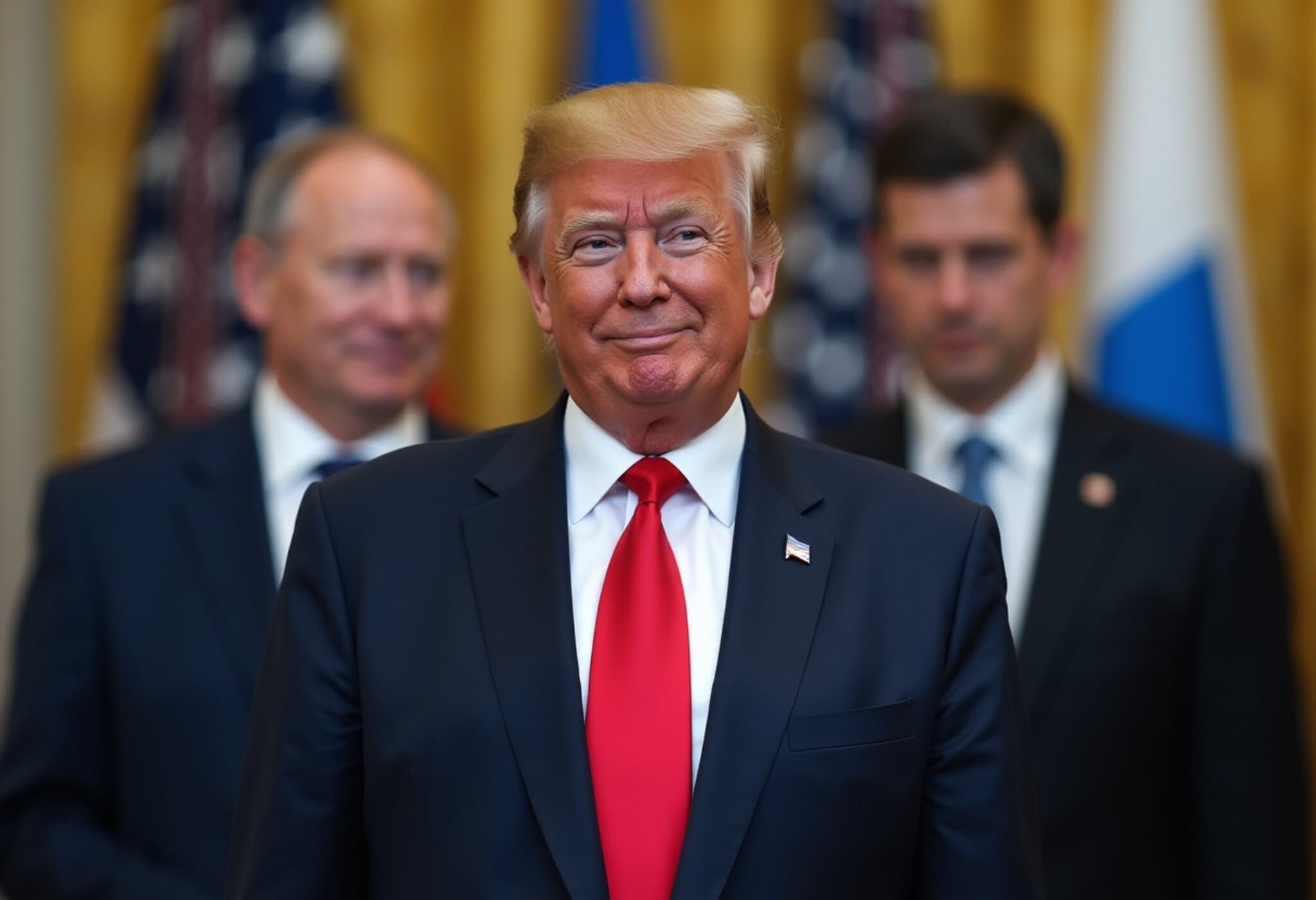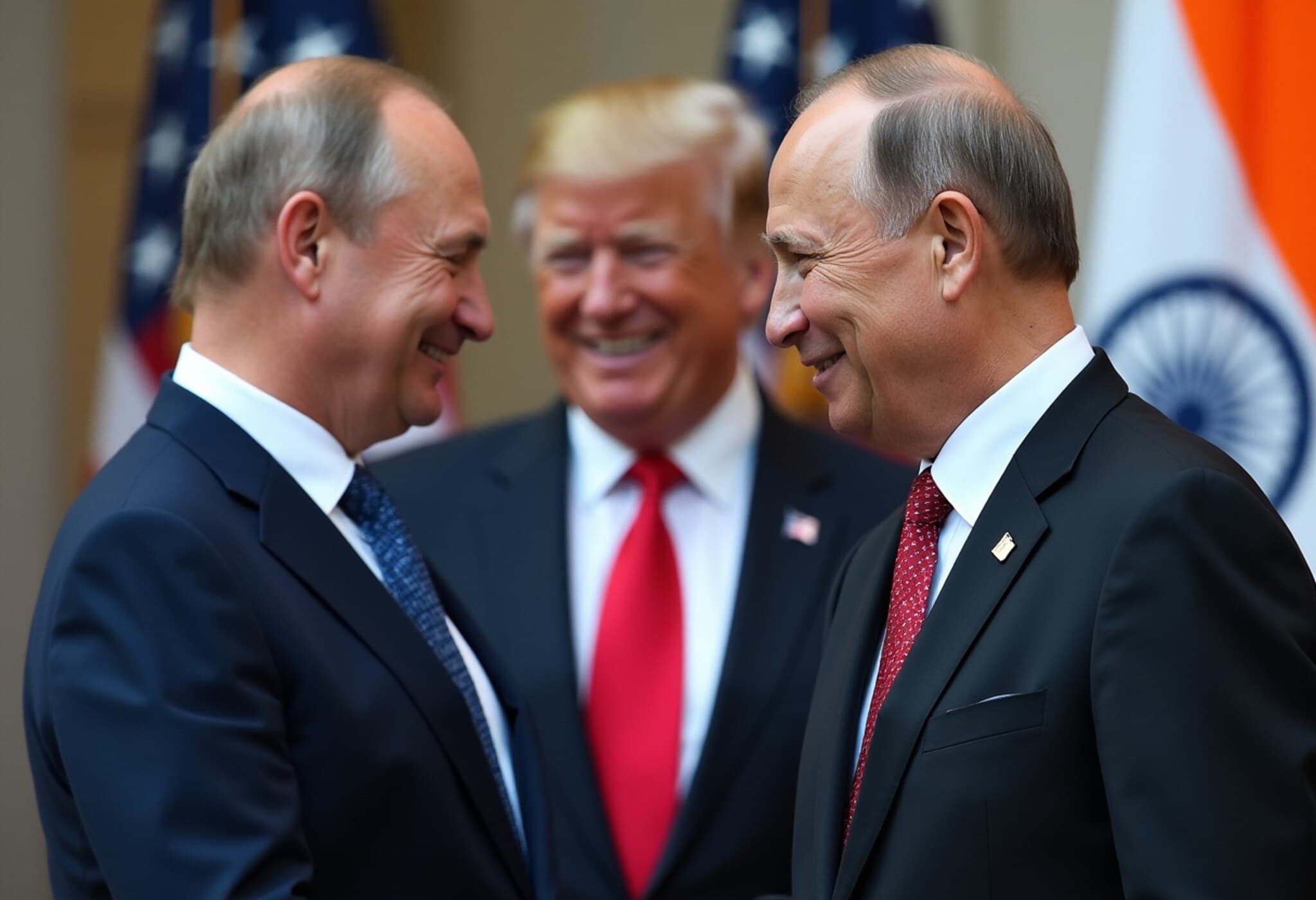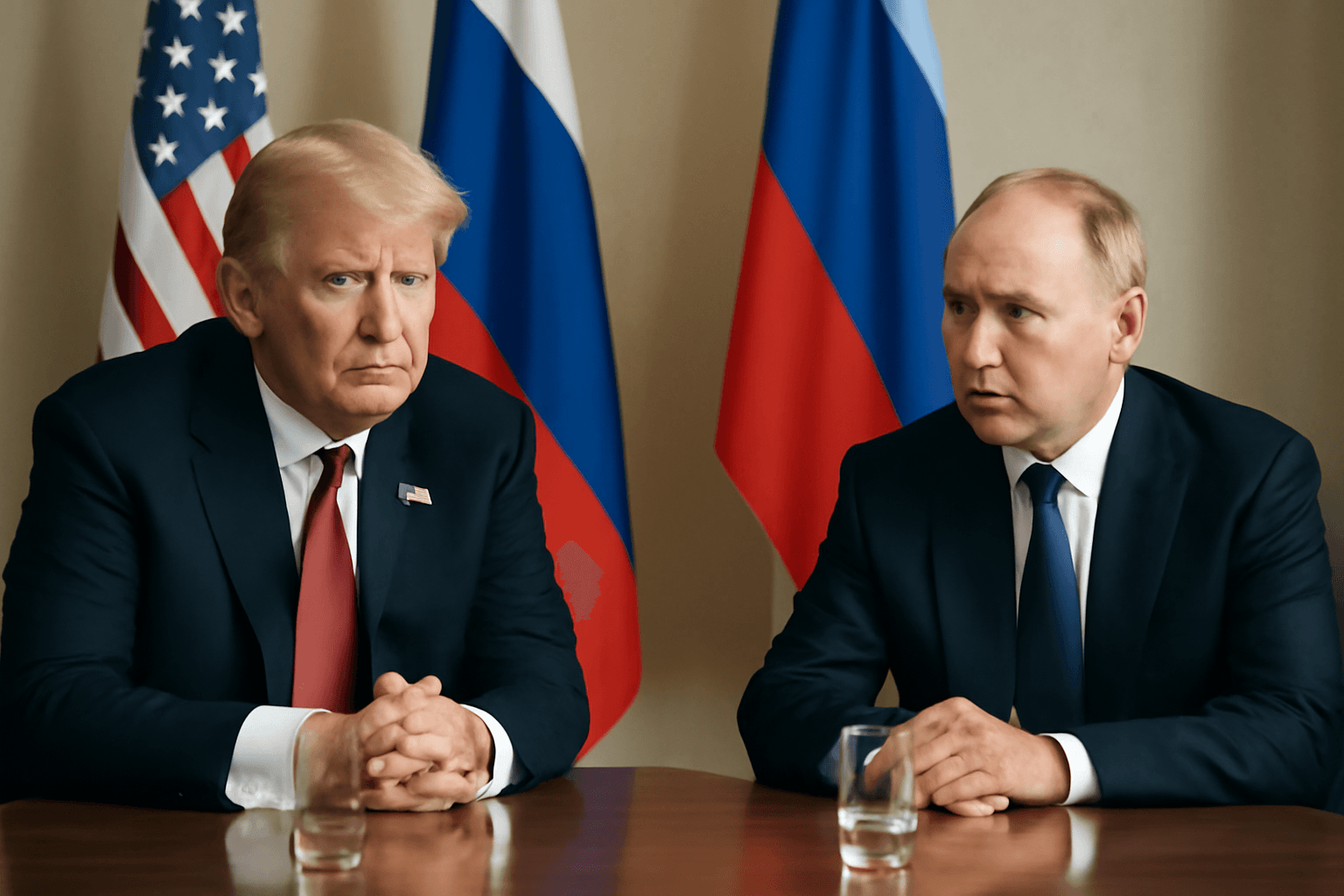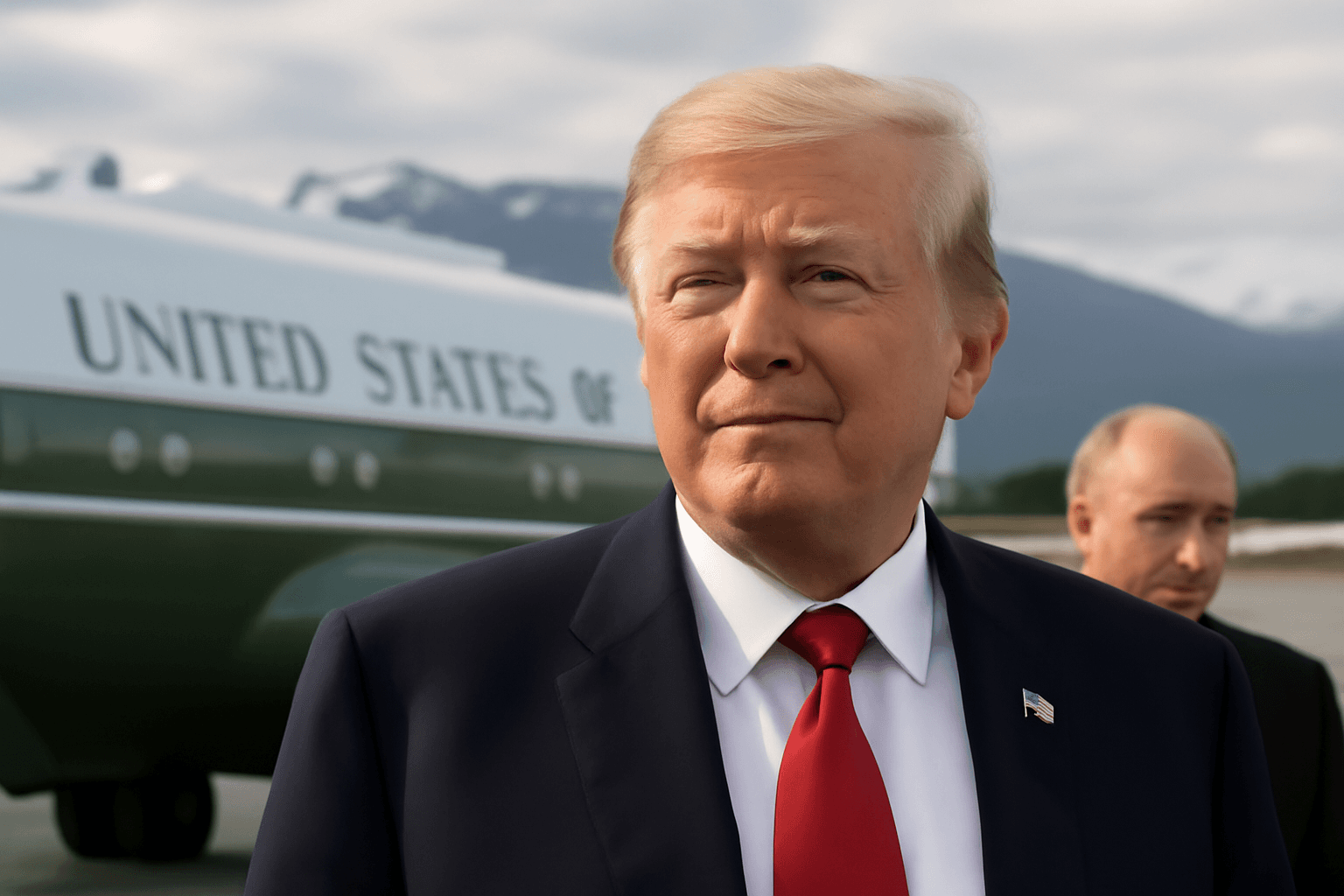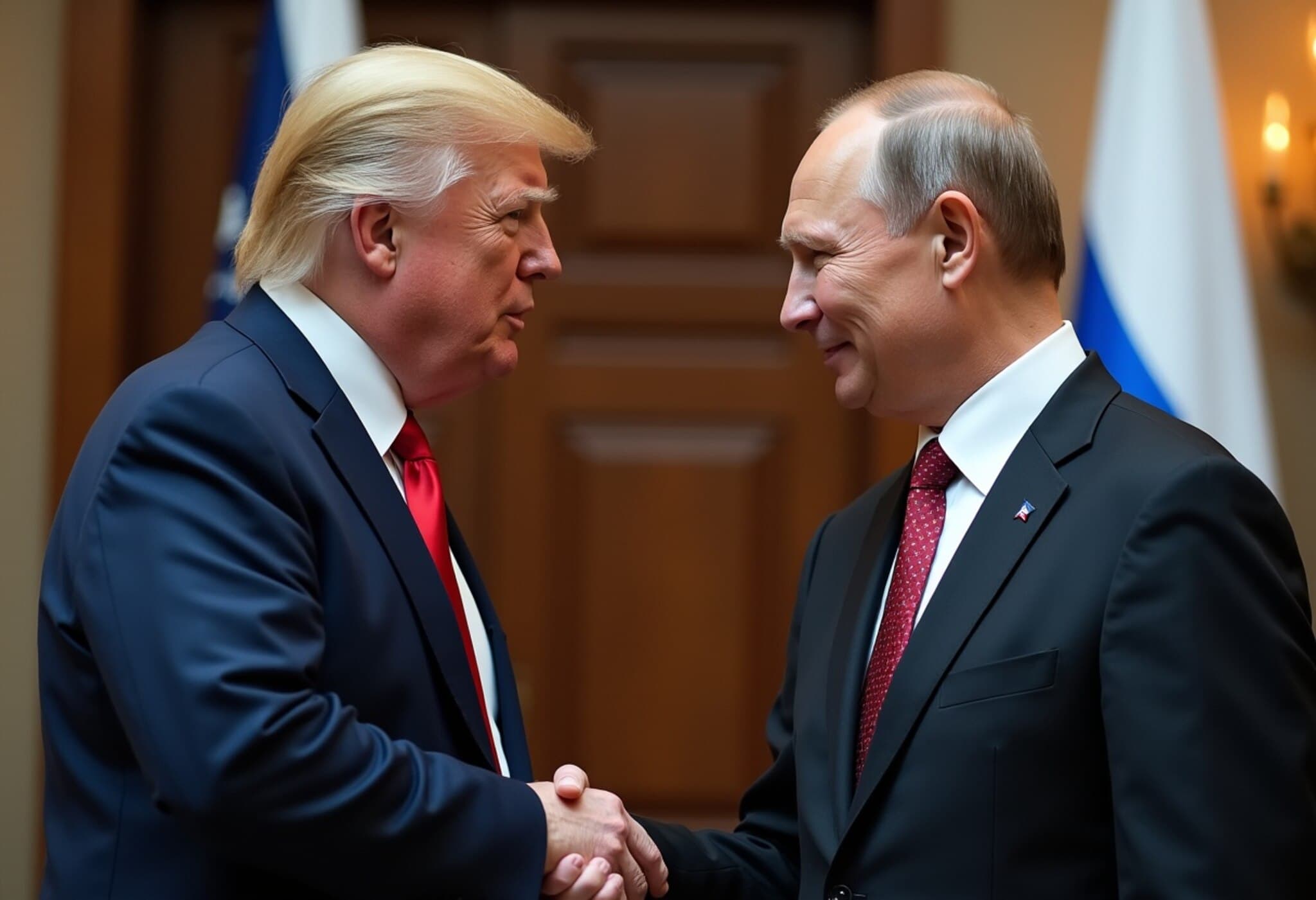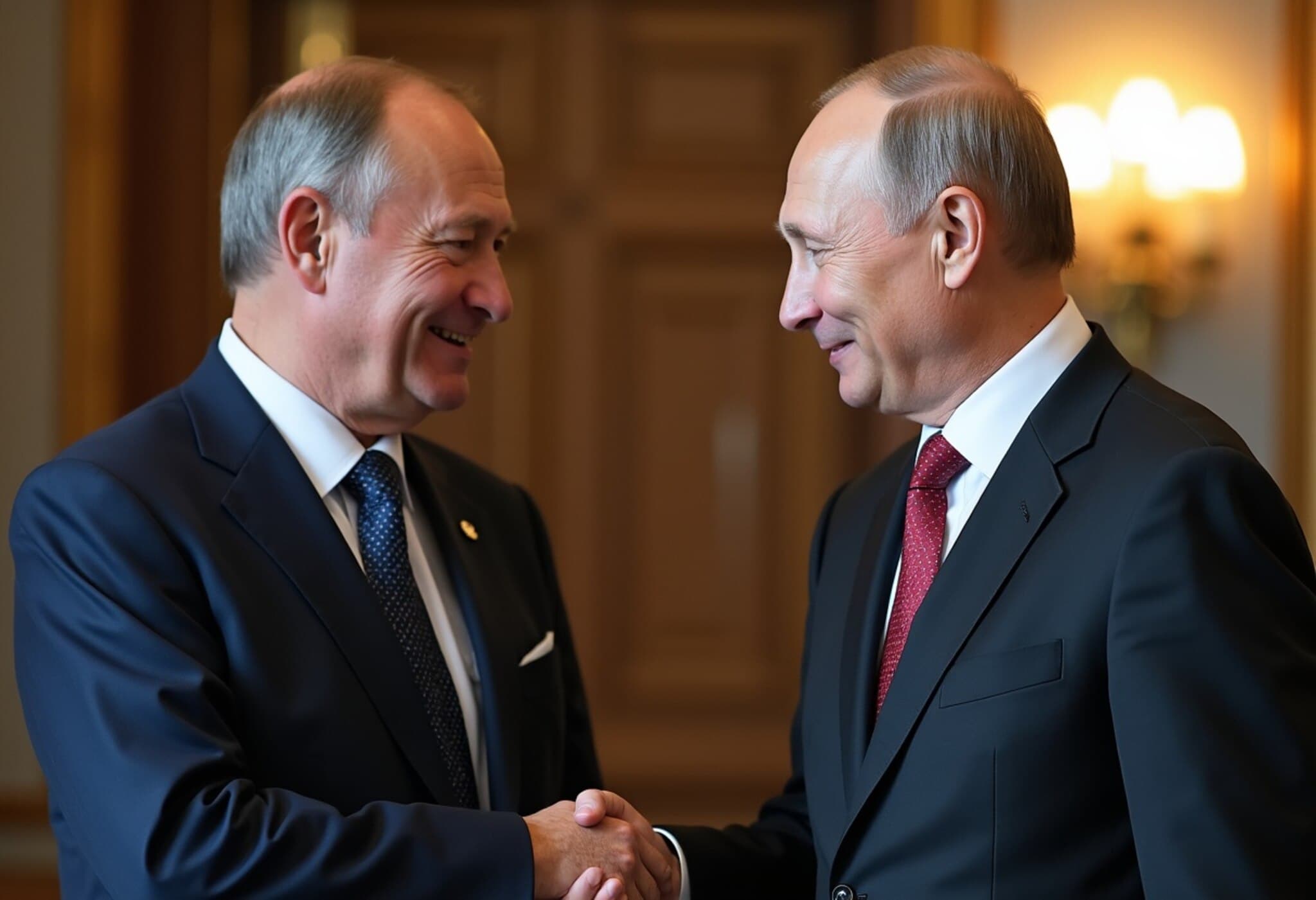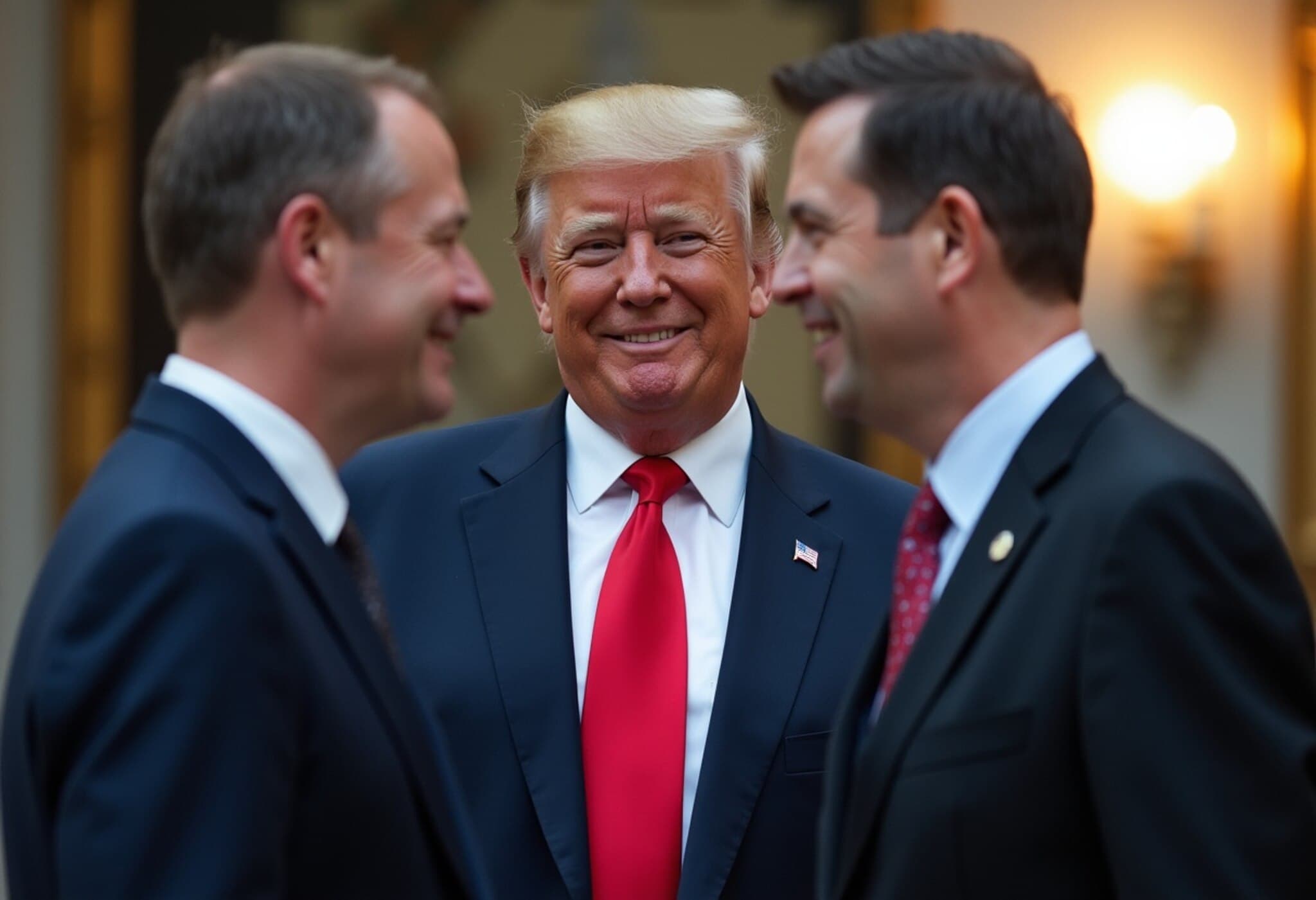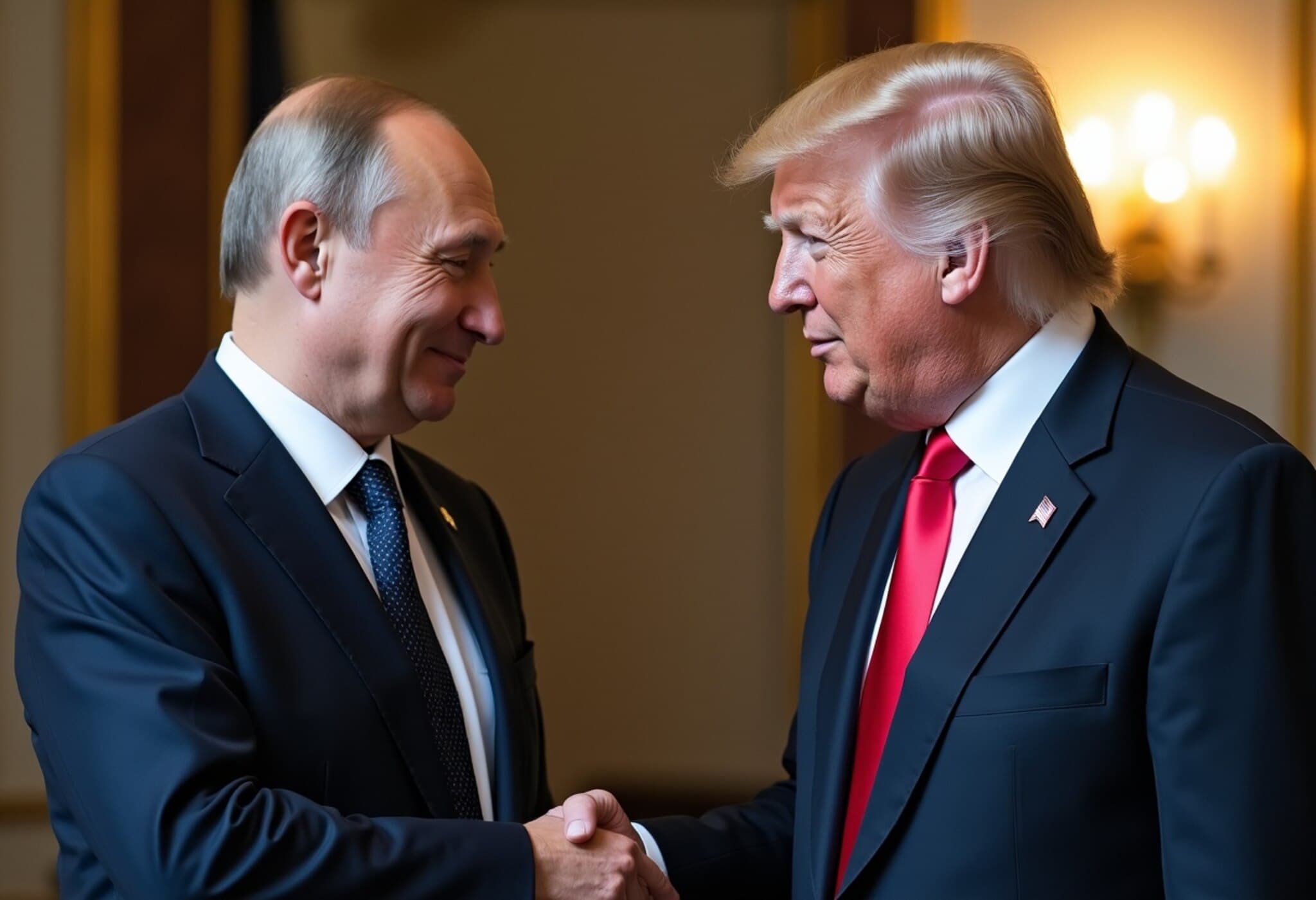Trump’s Decision to Host Putin in Alaska Rekindles Historical and Political Tensions
In a move that has raised eyebrows across diplomatic and geopolitical circles, former U.S. President Donald Trump’s choice to hold a summit with Russian President Vladimir Putin in Alaska has reignited conversations about the historical ties and territorial claims between the two nations. Alaska, acquired by the United States from Russia in 1867, stands at the heart of this controversy—a region once part of the Russian Empire, now spotlighted amid a charged political atmosphere.
Historical Context: Alaska’s Journey from Russian Outpost to American State
The U.S. purchased Alaska for $7.2 million in a deal often dubbed “Seward’s Folly” at the time—a price that translates to approximately $192 million today, remarkably low for a vast and resource-rich region. Yet, beneath this historically strategic acquisition lies a narrative that continues to resonate in Russian nationalist discourse, which perceives the sale as a loss to be corrected.
Ultranationalist Voices Amplified by the Summit Location
The decision to host Putin’s visit in Alaska has been seized upon by Russian ultranationalists, who have long advocated for reclaiming the territory. Prominent figures like Kirill A. Dmitriev, CEO of the Russian Direct Investment Fund and a special envoy to Putin, have publicly emphasized Alaska’s Russian heritage through social media posts highlighting the region’s Orthodox churches, historical forts, and fur trade legacy. Dmitriev remarked on X (formerly Twitter):
“Born as Russian America—Orthodox roots, forts, fur trade—Alaska echoes those ties and makes the US an Arctic nation. Let’s partner on environment, infrastructure & energy in Arctic and beyond.”
This rhetoric not only revisits historical connections but also underlines contemporary geopolitical competition in the Arctic, where Russia seeks to assert influence.
The Broader Geopolitical Ramifications
Experts warn that this renewed focus on Alaska could serve as a pretext for more assertive Russian foreign policy moves. Analysts draw parallels to previous Russian campaigns in Georgia and Ukraine, where historical and cultural claims were leveraged to justify military interventions.
Michael McFaul, former U.S. ambassador to Russia, tweeted his concern, highlighting that Alaska, like Ukraine, is viewed by Russian nationalists as a territory unjustly lost and ripe for "correction." This statement underscores the potential risks tied to the symbolism of the summit setting.
Domestic and International Reactions
- Political Commentators: David Frum candidly expressed unease about the choice, sarcastically noting, “Let’s all hope that Putin doesn’t ask to take Alaska home with him as a souvenir, or Trump might give that away too.”
- Senior Security Officials: Former National Security Advisor John Bolton labeled the choice of Alaska “a great victory for Putin,” arguing that the only worse location would have been Moscow itself.
- Journalists and Analysts: Julia Davis condemned the invitation, describing it as “beyond the pale,” and called for accountability, emphasizing the dissonance of hosting a leader widely condemned internationally on a territory with disputed historical claims.
The Summit Amid Ongoing Conflict
Notably, the Alaska meeting was scheduled on August 15, coinciding with Dormition—a significant religious feast marking peace and reconciliation in Orthodoxy. Dmitriev leveraged this symbolism to advocate for dialogue and peace, a stark contrast to the heightened geopolitical tensions surrounding the summit.
From an international law standpoint, such symbolism can be double-edged: while encouraging diplomacy, it may also mask unresolved territorial disputes that fuel conflict.
Historical Lessons and American Policy Considerations
The Alaska purchase was itself driven by pragmatic concerns—Russia’s desire to consolidate after the Crimean War, fears of British encroachment from neighboring Canada, and a reluctance to govern a remote and economically burdensome region. For the U.S., Alaska later emerged as a resource treasure-trove and strategic asset, underscoring the farsightedness of the acquisition despite early skepticism.
Today, the renewed emphasis on Alaska raises critical questions for American policymakers:
- How should the U.S. respond to nationalist narratives that challenge historical borders?
- What diplomatic strategies best balance engagement with Russia against safeguarding territorial integrity?
- How might Arctic cooperation initiatives be used to foster stability rather than deepen rivalry?
Editor’s Note: Reassessing Historical Grievances in Modern Diplomacy
The choice of Alaska as the venue for a summit between Trump and Putin is more than a geographical decision—it’s a symbolic gesture laden with historical weight and political significance. While it opens a door for dialogue on contemporary Arctic cooperation, it concurrently revives old wounds for Russian ultranationalists, potentially emboldening claims that complicate U.S.-Russia relations.
As global powers navigate an increasingly complex geopolitical landscape marked by assertive nationalism, leaders must weigh the messages their decisions send—intentionally or otherwise. For readers and policymakers alike, Alaska’s story reminds us that history, geography, and national identity remain deeply intertwined in shaping international affairs.
Moving forward, robust, nuanced conversation guided by historical awareness and strategic prudence will be essential to managing these diplomatic crossroads in a way that promotes lasting peace and mutual respect.

